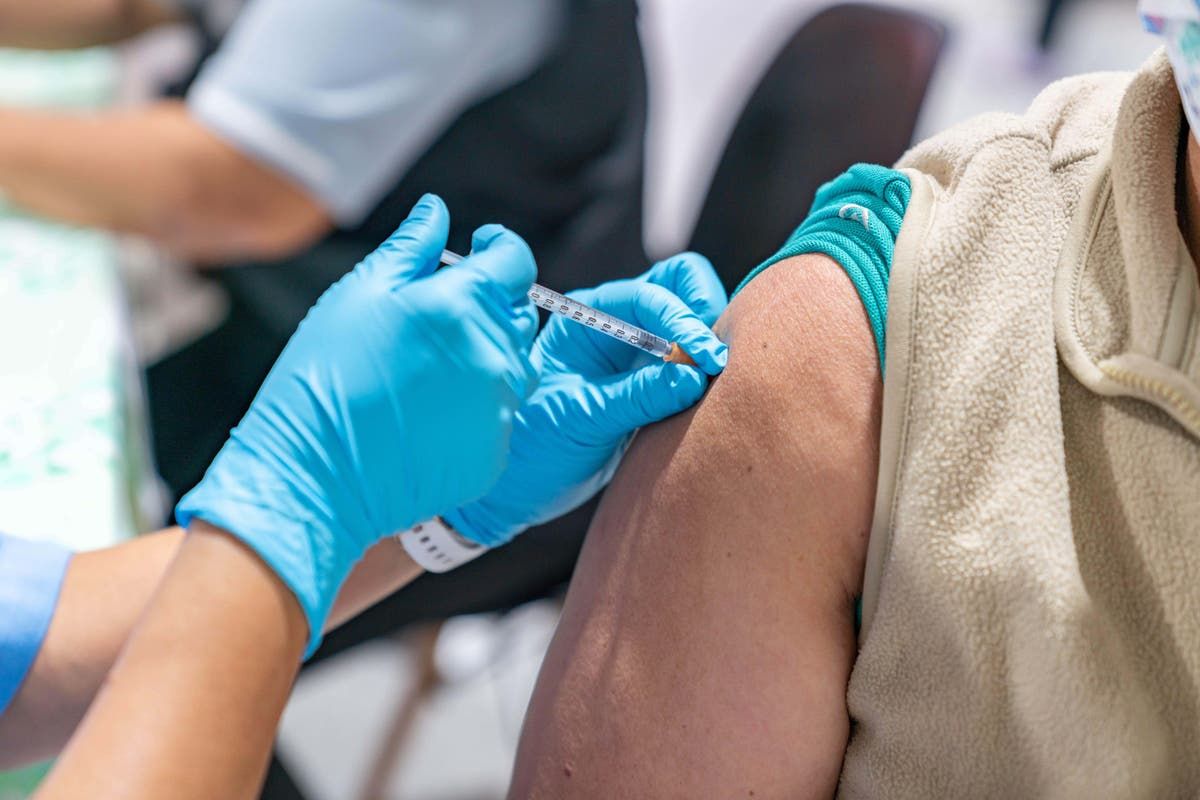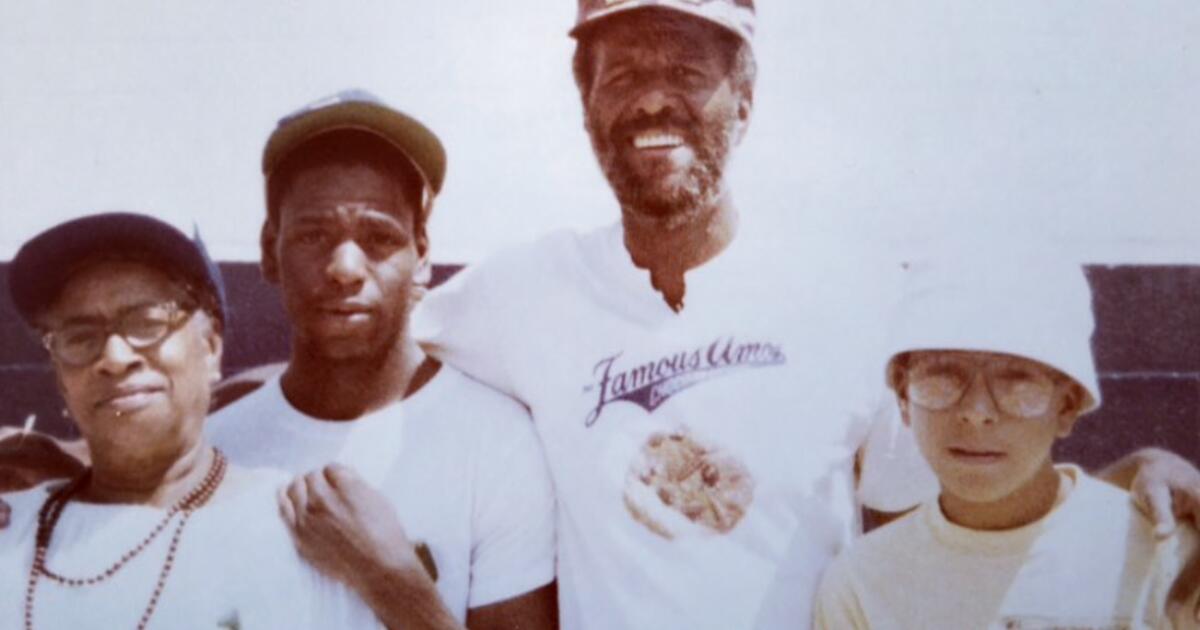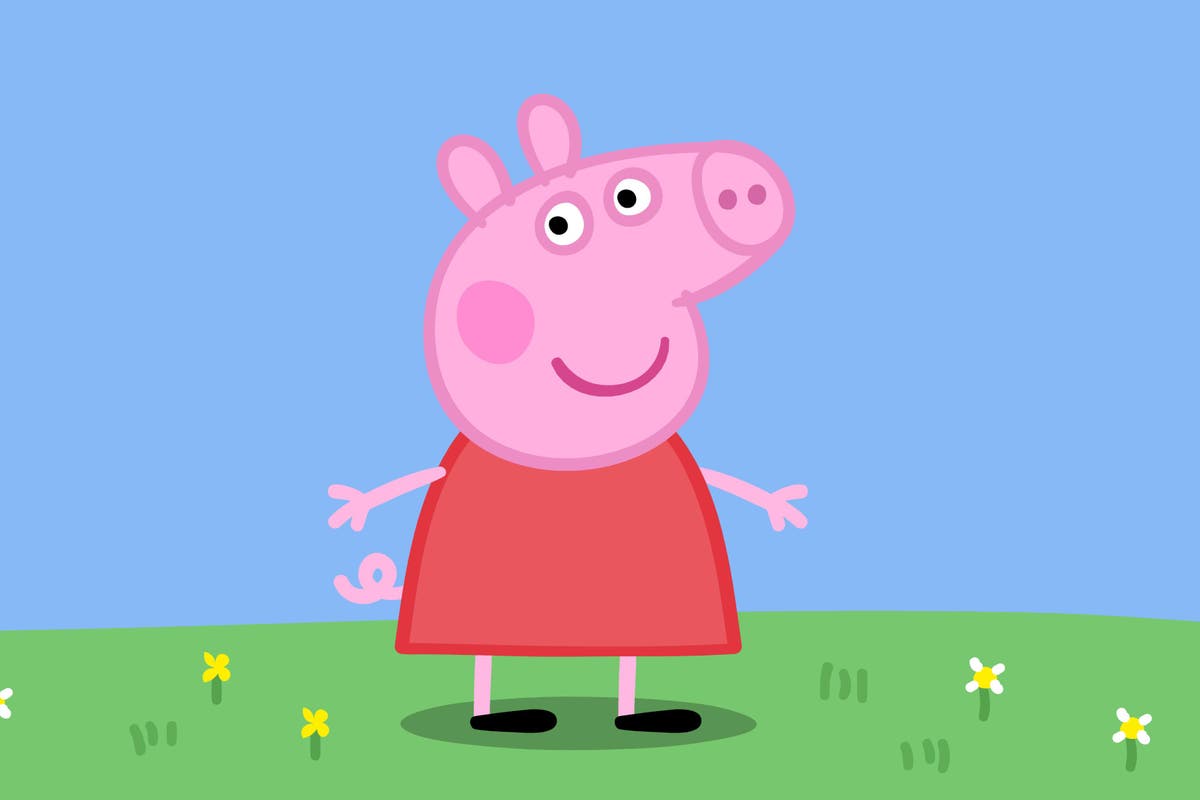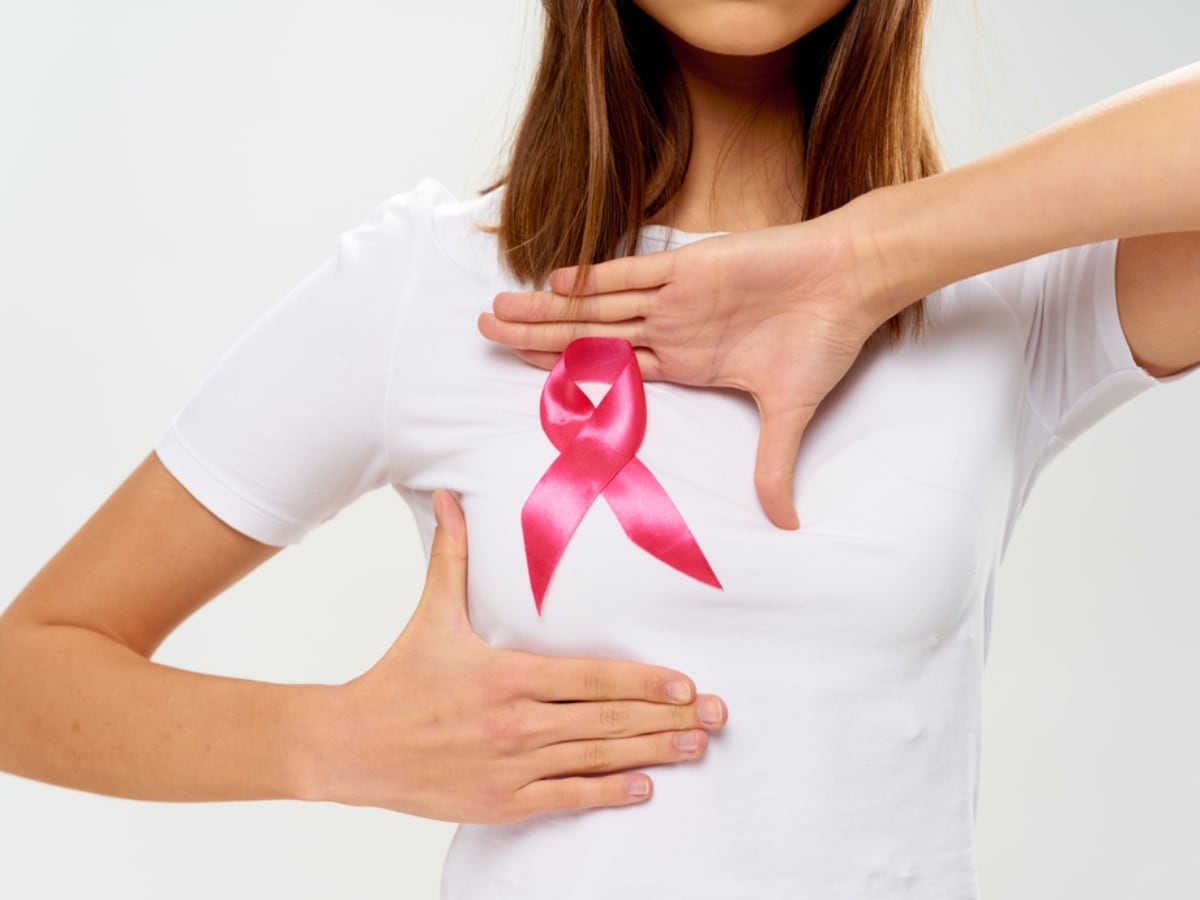Truly support
independent journalism
Our mission is to provide unbiased, fact-based reporting that holds the powerful to account and exposes the truth.
Whether it's $5 or $50, every contribution counts.
Support us in offering journalism without agenda.
The NHS is rolling out a vaccine against respiratory syncytial virus, known as RSV.
Respiratory syncytial virus (RSV) is a virus that commonly circulates in schools and offices during the winter months.
Although common and usually not serious, RSV can cause serious illness in some people and babies.
This respiratory syncytial virus (RSV) program was launched on Sunday, September 1, and aims to protect those at greatest risk of developing severe symptoms.
What is RSV and what causes it?
“Respiratory syncytial virus is a common and contagious virus that primarily attacks the respiratory tract,” explains Dr. Ashwin Sharma of MedExpress online pharmacy.
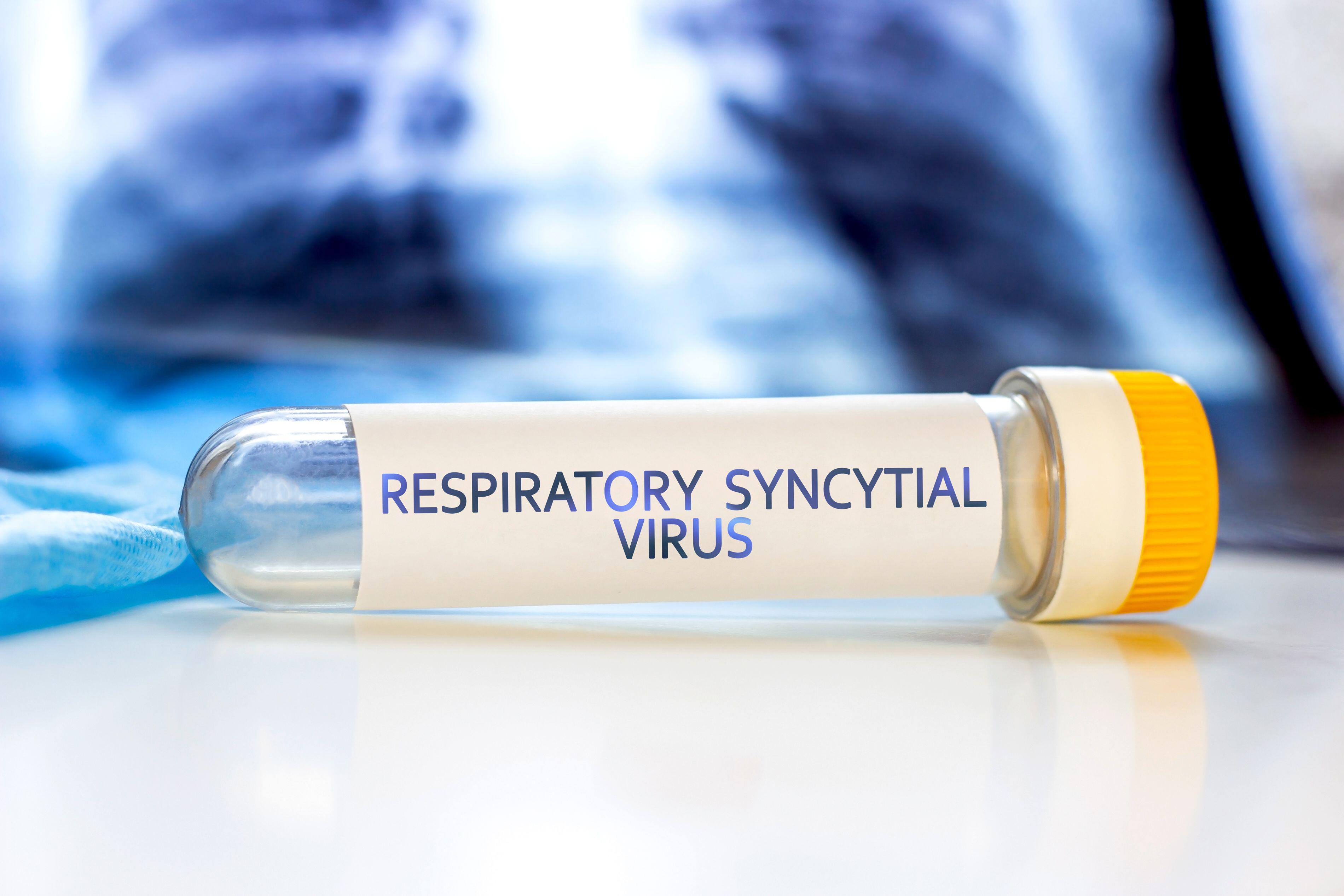
It is usually spread through droplets expelled when coughing and sneezing.
“It is primarily transmitted through airborne respiratory droplets, which can enter the body through the eyes, nose or mouth,” Sharma says. “Close contact with an infected person, such as exposure to coughing or sneezing, significantly increases the risk of transmission.
“In addition, RSV can be transmitted through direct physical contact, such as handshakes or hugs, as the virus can survive on hands and surfaces for approximately four to seven hours.”
As with colds and flu, people are more likely to become infected with RSV during the winter.
“RSV is most common during the colder months, typically November through February, when increased indoor activity and closer contact between people increases transmission,” Sharma adds.
What are the symptoms of RSV?
People infected with RSV usually have mild cold-like symptoms.
“Mild symptoms include nasal congestion or cough, sneezing, fatigue and low-grade fever,” Sharma says.
However, it is important to be alert to signs that may indicate a more serious infection.
“If you or someone you care for has severe shortness of breath, persistent wheezing, unusual confusion, or stops eating or drinking, it is best to seek medical advice,” Sharma advises. “These symptoms may indicate the need for additional support or treatment.”
While most RSV infections resolve completely within one to two weeks with no lasting effects, severe cases can occasionally lead to long-term complications.
“RSV can cause serious respiratory complications in high-risk groups, including infants (particularly those younger than six months or born prematurely), adults older than 65 years, and people with chronic lung disease or other underlying health conditions,” Sharma said. “In these populations, RSV can progress to serious complications, such as pneumonia or hospitalization.”
Who is eligible for the vaccine?
Infants and the elderly are at greatest risk of complications, so they are the target groups for this new vaccine.
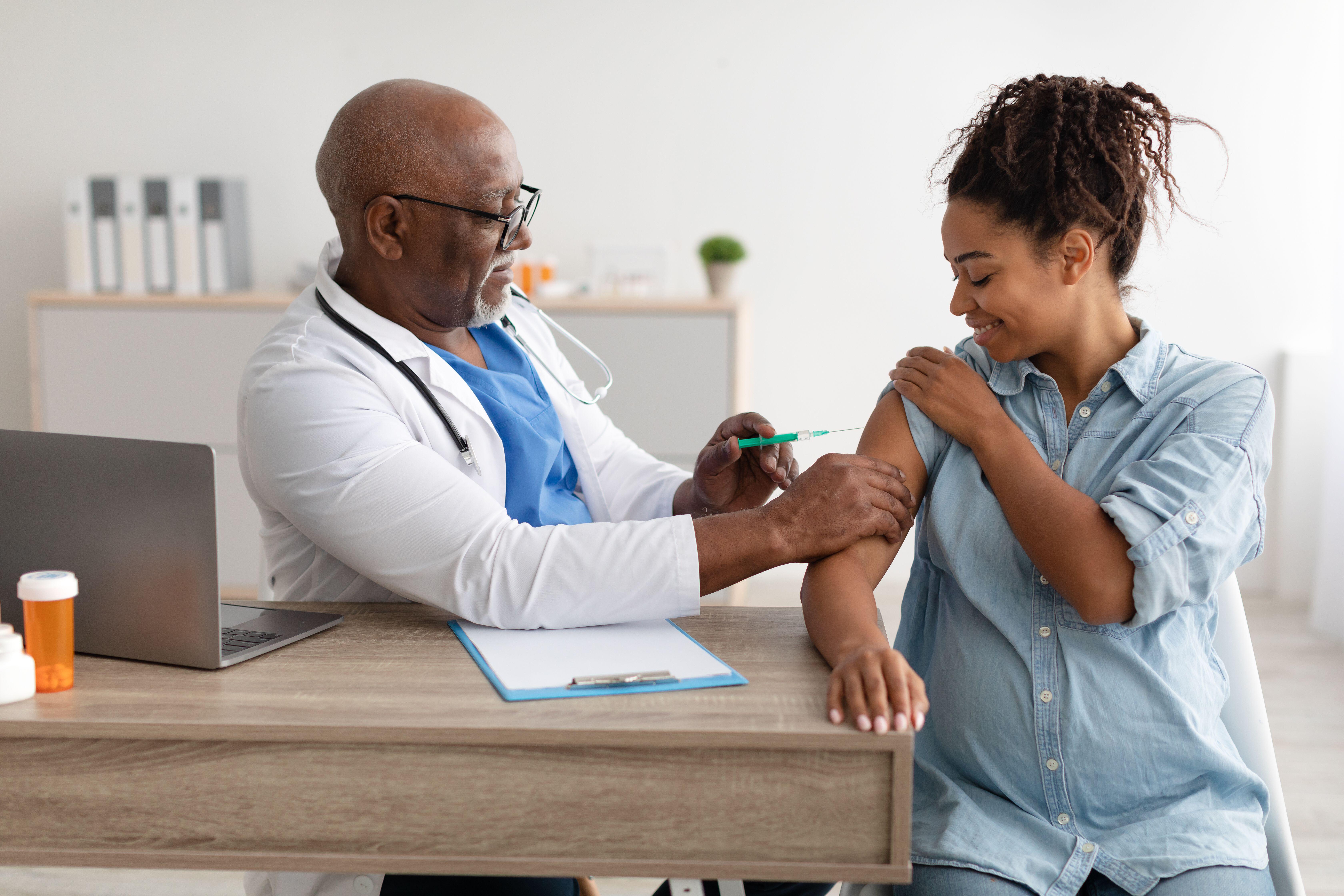
The vaccine is being offered to pregnant women from week 28 to protect themselves and their babies, as well as to people aged 75 and over. A one-off catch-up programme will focus on people aged 75 to 79 to ensure older people are protected before winter.
“RSV poses a significant risk to infants and the elderly, populations in which the immune system is underdeveloped or compromised due to age,” Sharma explains. “Infants are especially vulnerable, as their smaller lungs offer limited defense against the virus, which can lead to bronchiolitis (inflammation of the airways, which can affect breathing).”
As for how the vaccine works, Sharma adds: “The RSV vaccine contains a harmless part of the virus that causes the body to produce protective antibodies. These antibodies help the immune system respond more effectively if exposed to RSV again in the future, which will reduce the severity of the infection.”
How else can you prevent it?
There are also other things you can do to reduce your chances of getting or spreading the virus.
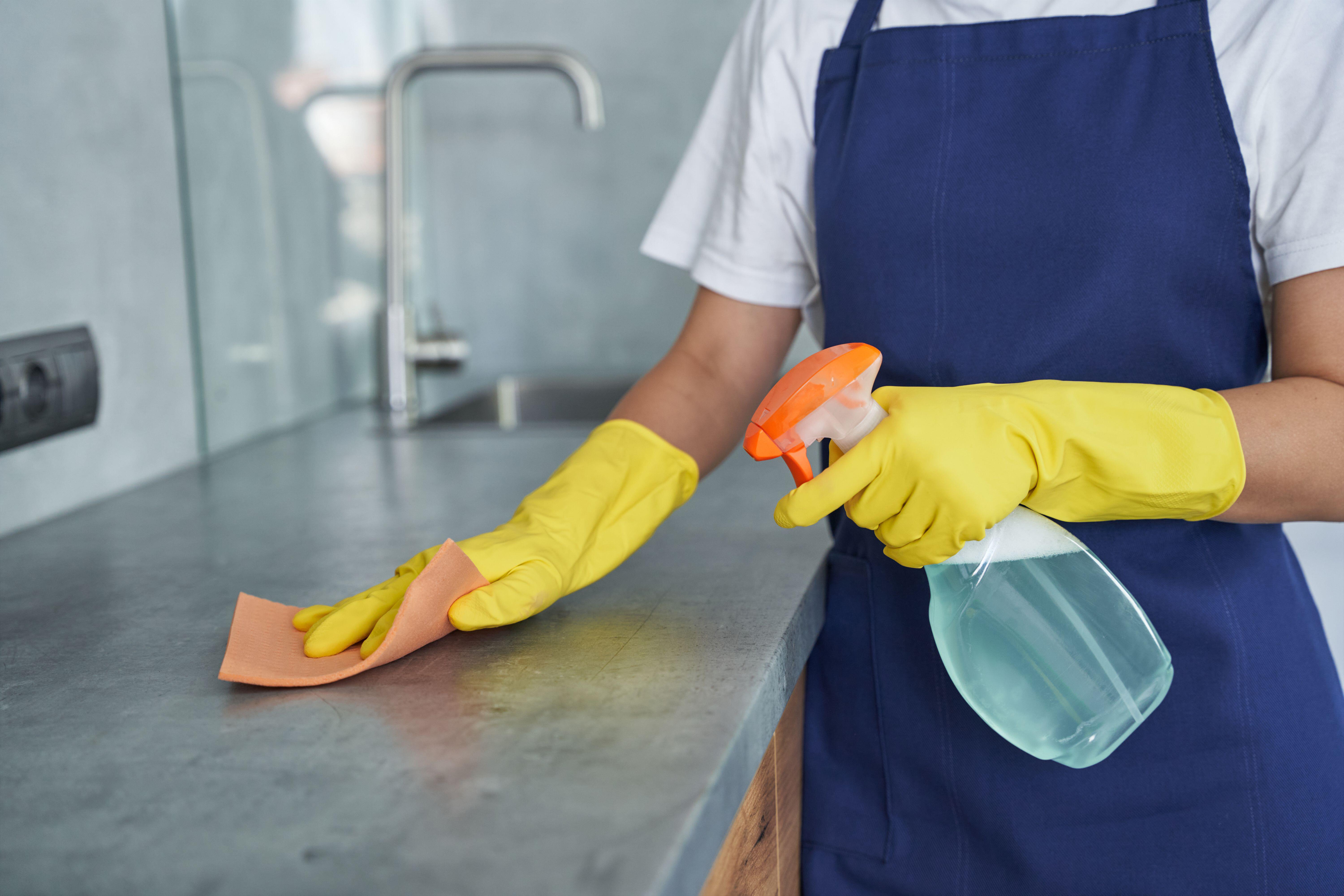
For example, the NHS website recommends people regularly wash and clean toys and surfaces, and try to avoid touching their eyes, nose or mouth when their hands are not clean. Official advice also recommends using disposable tissues to sneeze and blow their nose, and throwing them away as soon as they have been used.
Parents are also advised to try to keep newborns away from close contact with anyone who has a cold or flu, especially if they were born prematurely or have serious health problems.
How is RSV treated?
There is no specific treatment for RSV infection, but you can take paracetamol or ibuprofen if you have a high fever and feel uncomfortable (always check the instructions on the package and talk to your doctor or pharmacist if you are unsure).
The NHS website also suggests using saline nose drops from a pharmacy if you need help with a blocked nose and recommends drinking plenty of fluids.
Anyone experiencing severe or worsening symptoms, or signs of shortness of breath, should seek urgent medical help.

